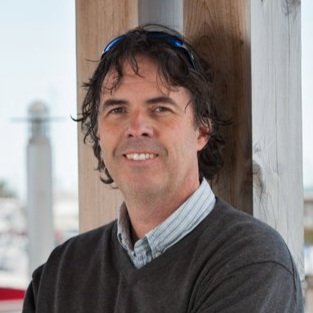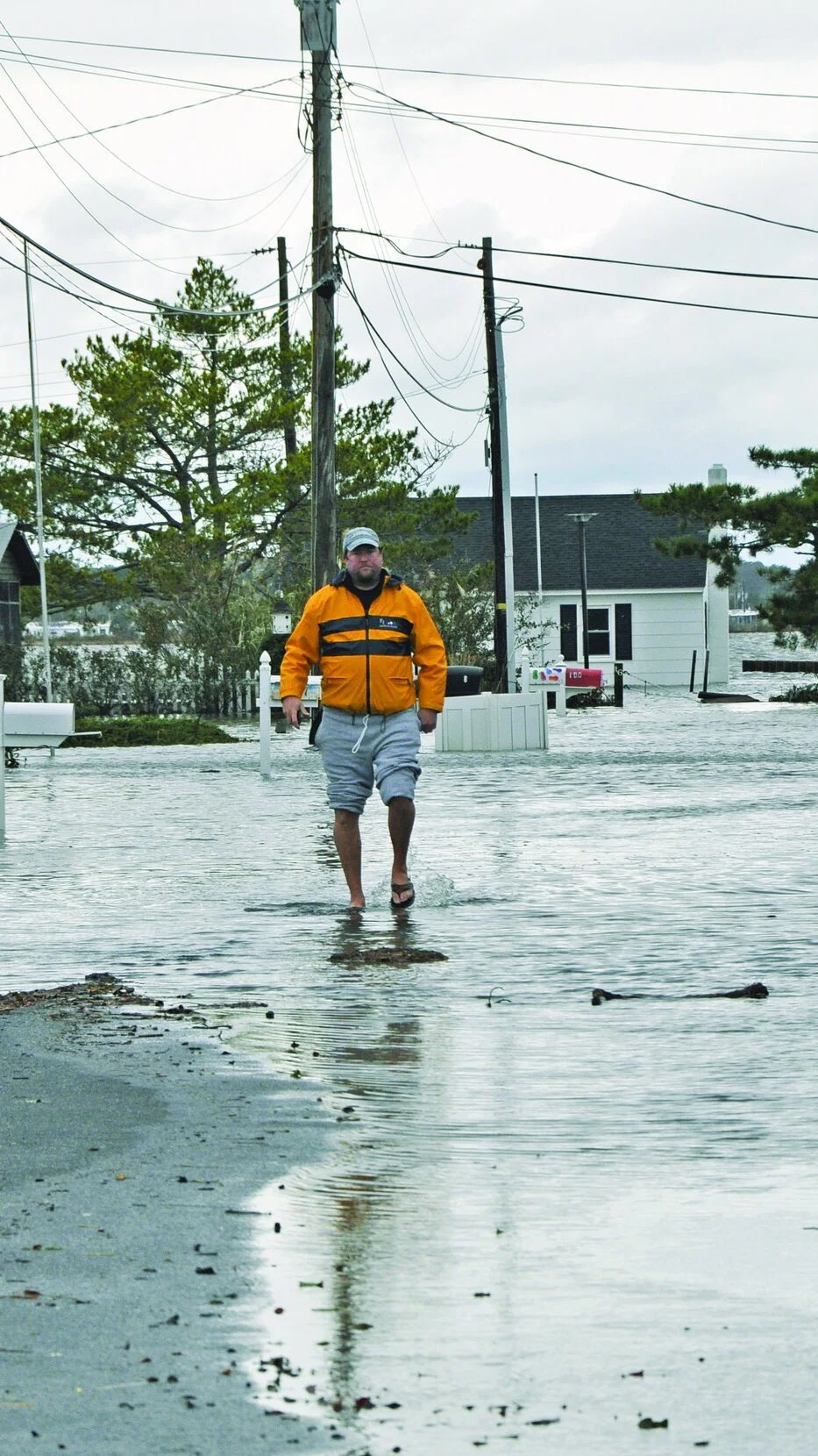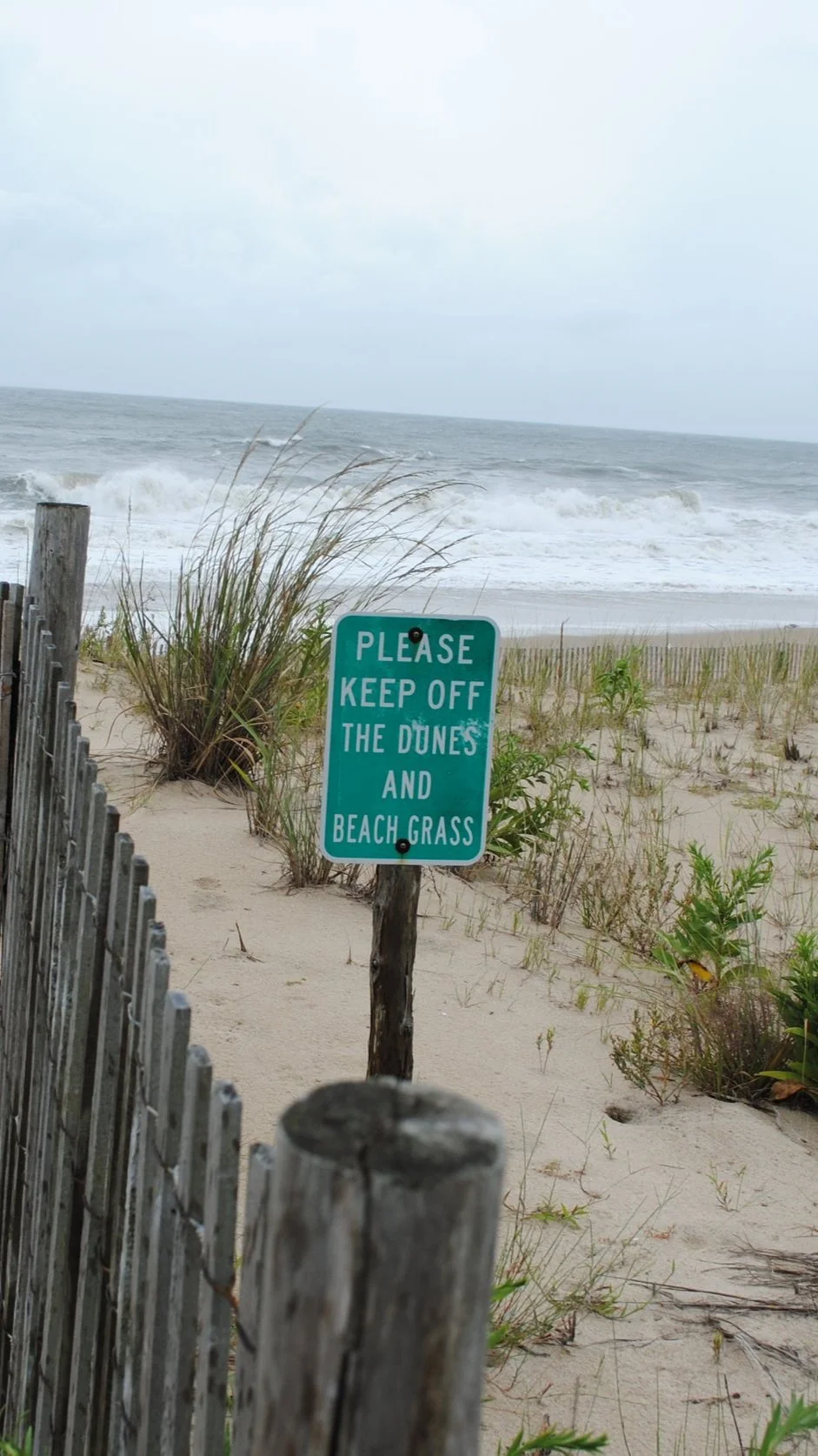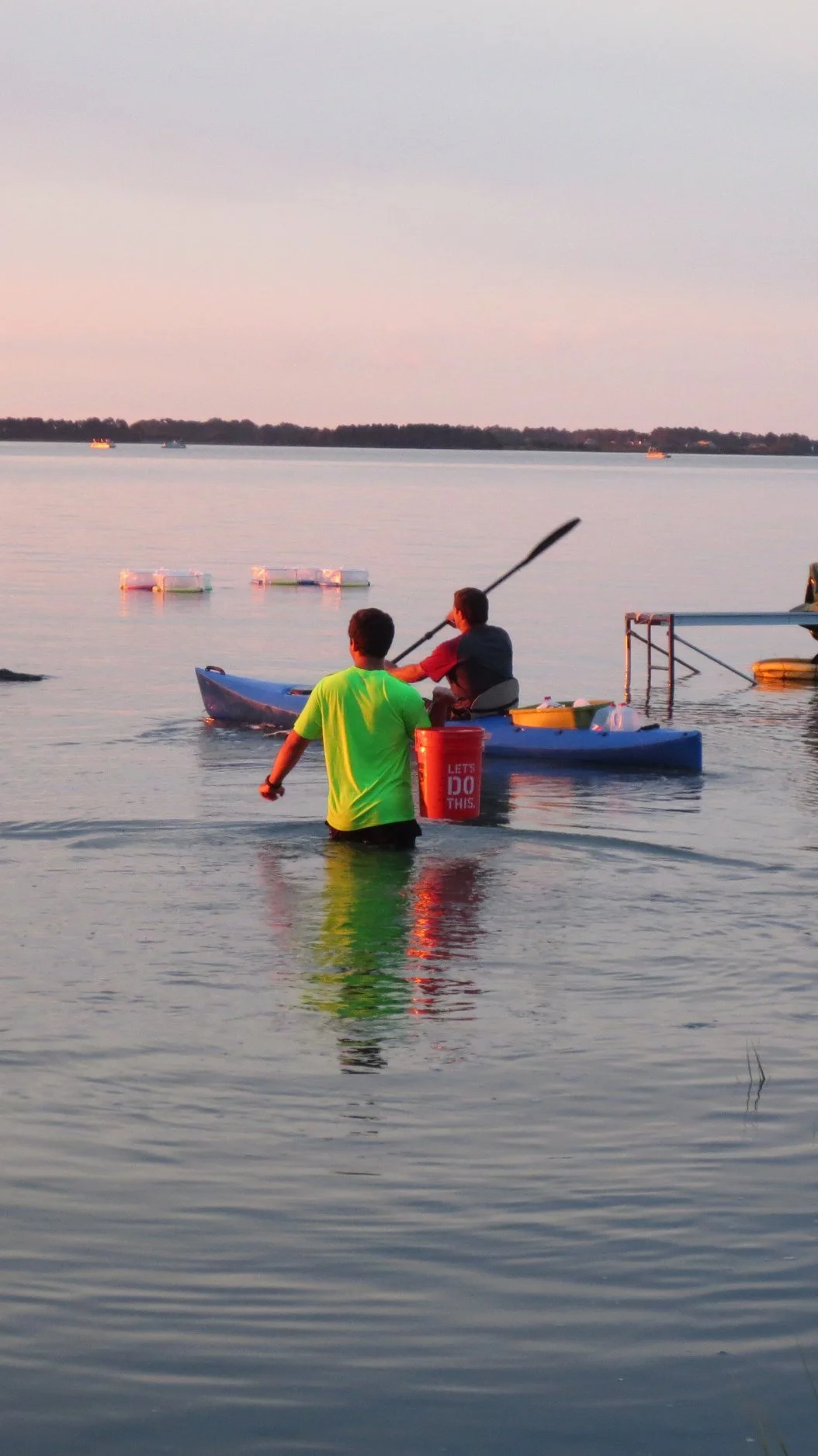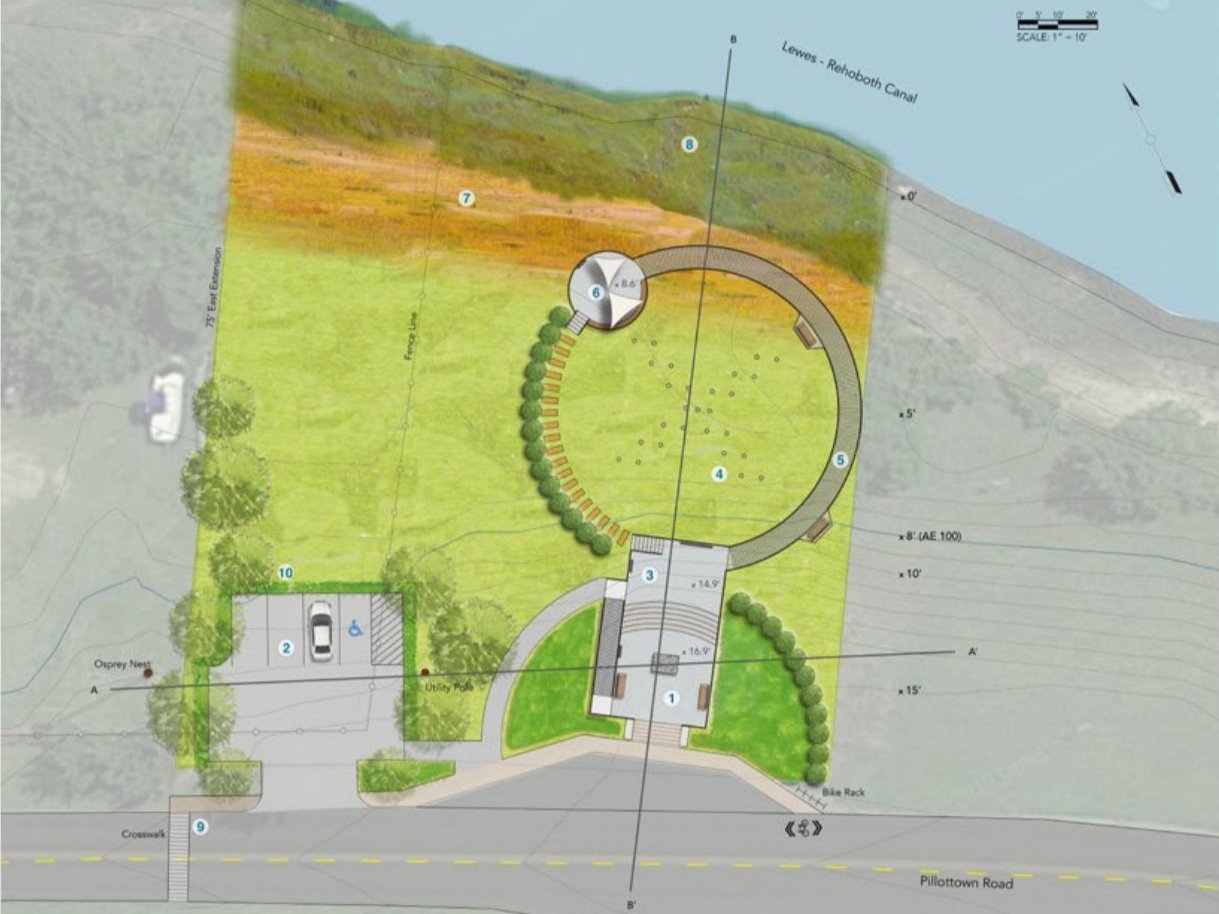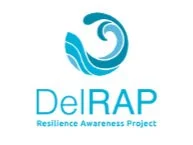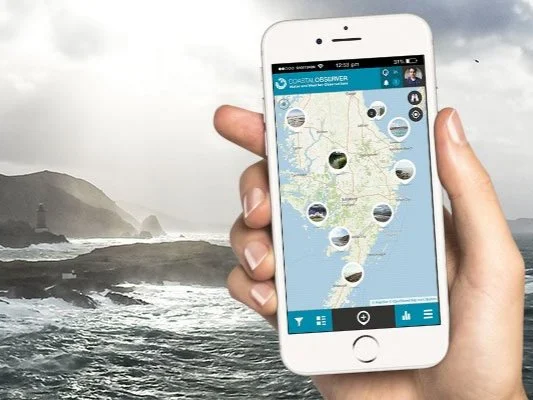
Introduction and Mission
The Coastal Resilience Design Studio (CRDS) is a partnership between the Delaware Sea Grant College Program, the University of Delaware Sustainable Coastal Communities Initiative, and the University of Delaware Landscape Architecture Program. Delaware Sea Grant provides core funding for CRDS, is instrumental in identifying potential projects, and provides technical oversight on various aspects during the design process.
The CRDS provides undergraduate and graduate students from academic institutions across Delaware with a hands-on, community-engaged learning experience that provides real-world solutions to many of the pressing challenges facing Delaware’s coastal communities. We bring together students, educators, community members, scientists, engineers, designers, and artists.
“Studio” embodies many characteristics. As a physical space, it is an open working environment; as a mindset, it is a place to explore, be creative, develop plans, and receive feedback; as a place to use purposeful process, it leads to unexpected and enhanced outcomes.
In a studio setting, collaborative efforts are focused on addressing coastal challenges that stem from development, shifting economies, and changing coastal conditions, such as water quality concerns, sea level rise, and increasingly frequent and intense coastal storms. Products developed by the studio include sustainable land use plans, designs for green infrastructure projects, and strategies to promote economic growth, among many others.
Our mission at the CRDS is to study and respond to issues affecting Delaware’s coastlines and coastal communities.
CRDS Leadership
Zachery Hammaker
Director
Ed Lewandowski
Principal & Co-Founder
Eric Bardenhagen, RLA
Principal
Why is the CRDS important?
Hazards related to sea level rise and intensifying storms impact every watershed in Delaware. The Strategic Environmental Assessments Division of the National Oceanic and Atmospheric Administration (NOAA) identifies all three Delaware counties on its list of “coastal” counties within the US. The hazards of storm surge, chronic flooding, erosion, beach stabilization, and land subsidence affect all Delaware counties and impact municipalities, private residences, public and private enterprise, infrastructure, and recreation across the state.
The stability of coastal communities is likely to decrease with the changing climate, which will in turn create more complex issues that require a team-oriented approach to problem-solving. University-led studios are used in other states to tackle similar challenges and to provide all stakeholders access to an open working environment–a place to explore, be creative, and develop plans that lead to better outcomes.
Purpose
To connect communities, students, not-for-profits, governmental entities, and professionals with the common goal of increasing the sustainability and resilience of Delaware’s coastal communities.
To provide a unique educational experience for undergraduate and graduate students that will create a diverse and literate workforce capable of addressing the challenges facing Delaware’s coastal communities.
For our interdisciplinary teams to work within communities to understand challenges, design solutions, build projects, and evaluate results.
Projects
The CRDS projects are designed to introduce interdisciplinary student teams to industry and industry-related projects by providing students an opportunity to work on multifaceted designs. The CRDS equips communities with tools, designs, and adaptation strategies aimed at mitigating disruptions from short-term hazardous events and long-term environmental changes.
To view the StoryMap below at full size, click here.
Coastal Connections 2020
Presented in the Fall of 2020, the Coastal Connections: Promoting Resilient Communities panel explored three different Land Grant Universities efforts to engage with communities in their regions to establish resilience in the face of climate change and sea level rise. To see the full report, read the 2020 presentation booklet (PDF.)
DelRAP
The Delaware Resilience Awareness Project (DelRAP) is a community-based project that CRDS has started to help discover the public’s perspective on environmental issues in the state of Delaware. In this project, we seek to raise public awareness of sea level rise, intensifying storms, and associated resiliency concerns through digital storytelling and to create a platform, the Coastal Observer citizen-science app, and process for concerned citizens to publicly share geo-tagged photographic evidence of sea level rise impacts within their communities. If you would like to get involved in raising awareness of your own coastal community in the state of Delaware, contact the DelRAP project here.
Coastal Observer citizen-science app
To help Delawareans adequately discuss and document rising sea levels and flood-prone areas, DelRAP has created the Coastal Observer app, available on Android and Apple products. The app provides a platform for concerned citizens to publicly share their observations and perceived threats to their communities from sea level rise and storms. Learn more about the Coastal Observer app, including how to download it onto your smartphone, at this link.
For CRDS Partners
Find further information and resources about opportunities to join the CRDS collaboration, either as a student or a community.
Meet the student designers, researchers, and engineers exploring creative and thoughtful solutions to the challenges facing Delaware’s coastal communities.


